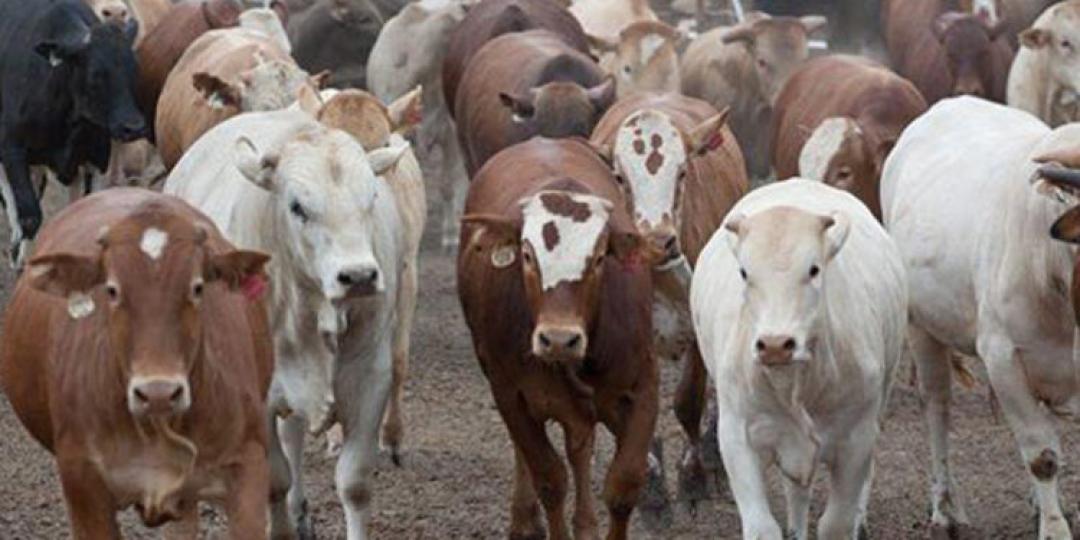South Africa’s Minister of Agriculture, Land Reform and Rural Development, Thoko Didiza, has announced that the 21-day ban on the movement of livestock to curb the spread of foot-and-mouth disease (FMD) will not be extended.
This after sufficient information was received from various private- and public-sector scientists serving the veterinary industry.
In addition to data received from the state vet and various animal health technicians, Didiza said significant collaboration from rural communities, traditional leaders and the South Africa Police Service had made it possible to suspend the ban, implemented on August 18.
While suspected cases of FMD had been placed under quarantine in provinces like Gauteng and North-West, none were reported in the three Cape provinces.
Mpumalanga also appears to be free of FMD.
For the time being, disease control measures will remain in place in various locations of the Free State, KwaZulu-Natal and Limpopo provinces where no improvement has been evident.
It includes the following areas: Marquad, Viljoenskroon, Harrismith, KwaNongoma, Ulundi, KwaHlabisa, eHluhluwe, and eMtubatuba.
The contentious ban on livestock movement was widely criticised for the impact it would have on consumers and the economy.
Both Dewald Olivier and Gerhard Schutte, respectively chief executives of the SA Feedstock Association and Red Meat Producers Organisation, were of the view that the ban was too extreme and could have serious long-term consequences for South Africa’s livestock industry.
Now that the ban is no longer in place, farmers and their transporters aren’t necessarily hurdle-free as the following FMD-curbing measures remain in place:
- A statement by the farmer that livestock in transit has been inoculated against FMD.
- An undertaking by the recipient of livestock that animals will be kept under quarantine for a period of no less than 28 days.
- All necessary documents regarding livestock ownership must be in place and at hand.













